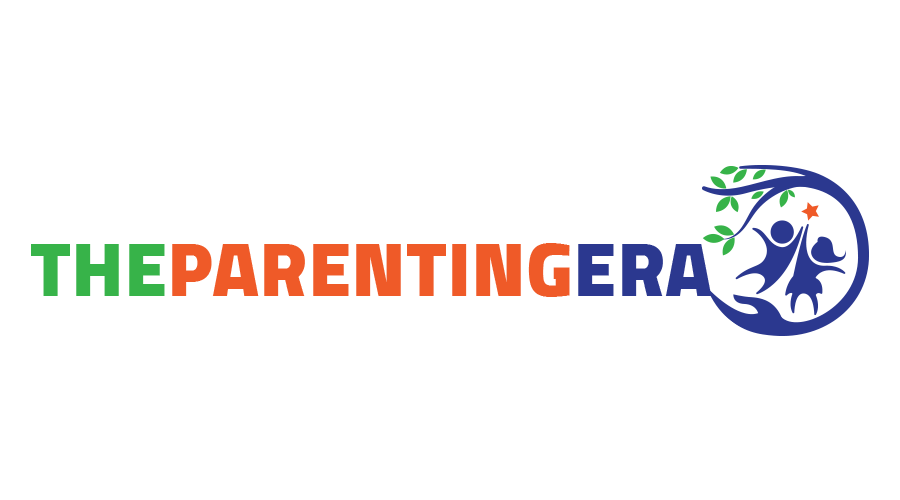
Juvenile dependency cases in Los Angeles and Beverly Hills are legal processes initiated to protect children who are at risk of harm due to abuse, neglect, or unsafe living conditions. These cases are overseen by the Los Angeles County Department of Children and Family Services (DCFS) and are designed to ensure the safety and well-being of minors within these communities. A Los Angeles juvenile dependency lawyer can help. ALL Trial Lawyers is known as the best juvenile dependency lawyers in Los Angeles and Beverly Hills.
What Are Juvenile Dependency Cases?
Juvenile dependency cases occur when the DCFS receives reports that a child’s home environment poses a significant risk. Such risks might include physical abuse, emotional neglect, neglect of basic needs, substance abuse issues, or domestic violence.
Reports of suspected abuse or neglect can come from various sources, including teachers, medical professionals, and other mandated reporters. Once a report is filed, DCFS conducts an investigation to determine if there is enough evidence to warrant legal action. If the situation is deemed dangerous, DCFS may file a petition with the juvenile dependency court to seek protective measures for the child. A Beverly Hills juvenile dependency lawyer can help.
Court Proceedings and Objectives
The juvenile dependency court process in Los Angeles and Beverly Hills is aimed at ensuring the child’s safety while also working towards family reunification whenever feasible. The key stages of this process typically include:
- Detention Hearing: At this initial stage, the court determines whether the child needs to be removed from their home to ensure their immediate safety. If removal is necessary, the court will also decide on a temporary placement, which could be with a relative or in foster care.
- Jurisdiction Hearing: During this hearing, the court evaluates whether the allegations of abuse or neglect are substantiated and if the child should be declared dependent on the court.
- Disposition Hearing: If the court finds the child dependent, it will set forth a plan for necessary services, which may include family therapy, parenting classes, or substance abuse treatment, to address the issues and improve the home environment.
- Review Hearings: These hearings are held periodically to review the family’s progress. The court will decide whether it is safe for the child to return home or if other long-term solutions, such as adoption or guardianship, are more suitable.
Key Considerations
- Child’s Best Interest: The priority in juvenile dependency cases is always the child’s safety and well-being, focusing on creating a stable and nurturing environment.
- Family Reunification: The court aims to help families address their issues and reunite, provided it is in the best interest of the child and safe to do so.
- Legal Representation: Parents and guardians involved in these cases should seek legal advice to navigate the complexities of the dependency system and protect their rights.
In Los Angeles and Beverly Hills, juvenile dependency cases managed by DCFS strive to balance immediate child protection with long-term family stability, working to create supportive and safe environments for every child involved.

